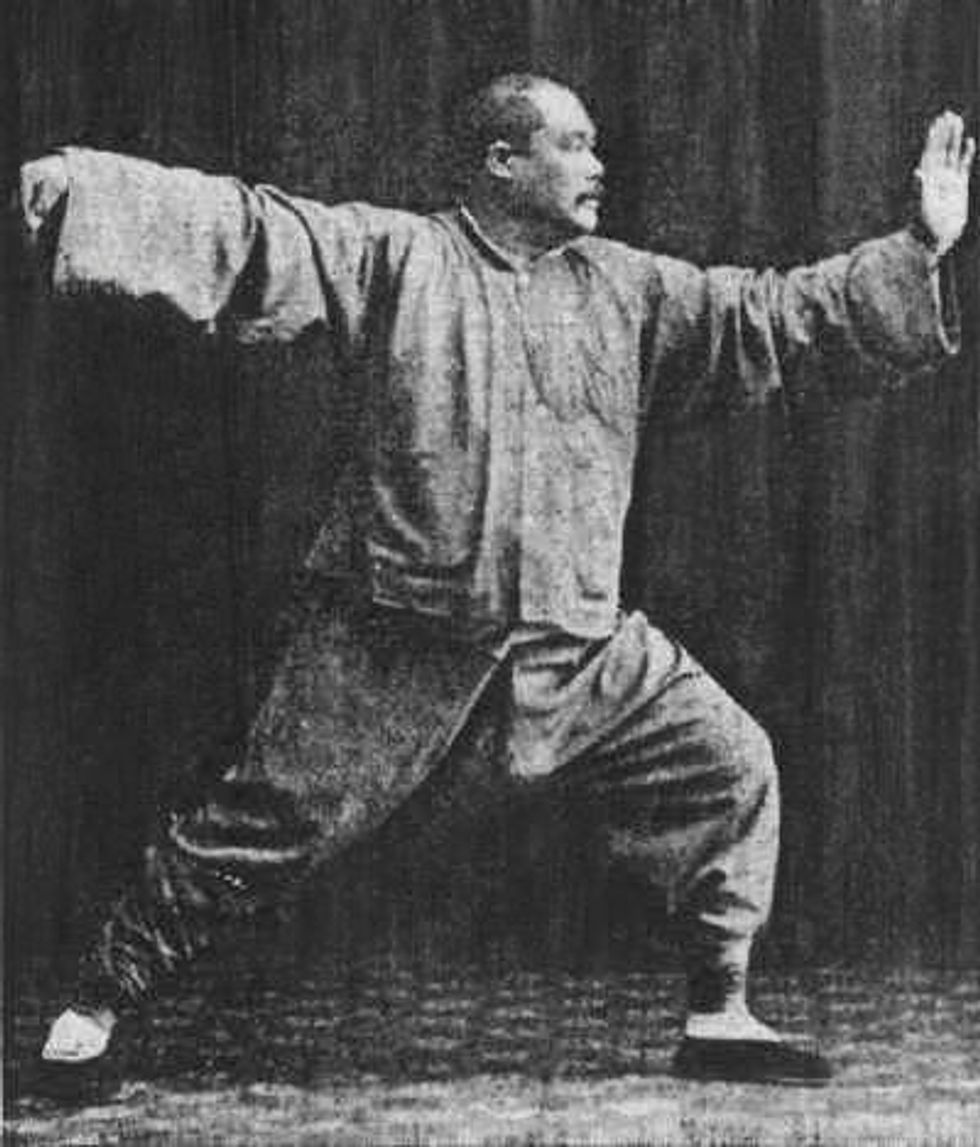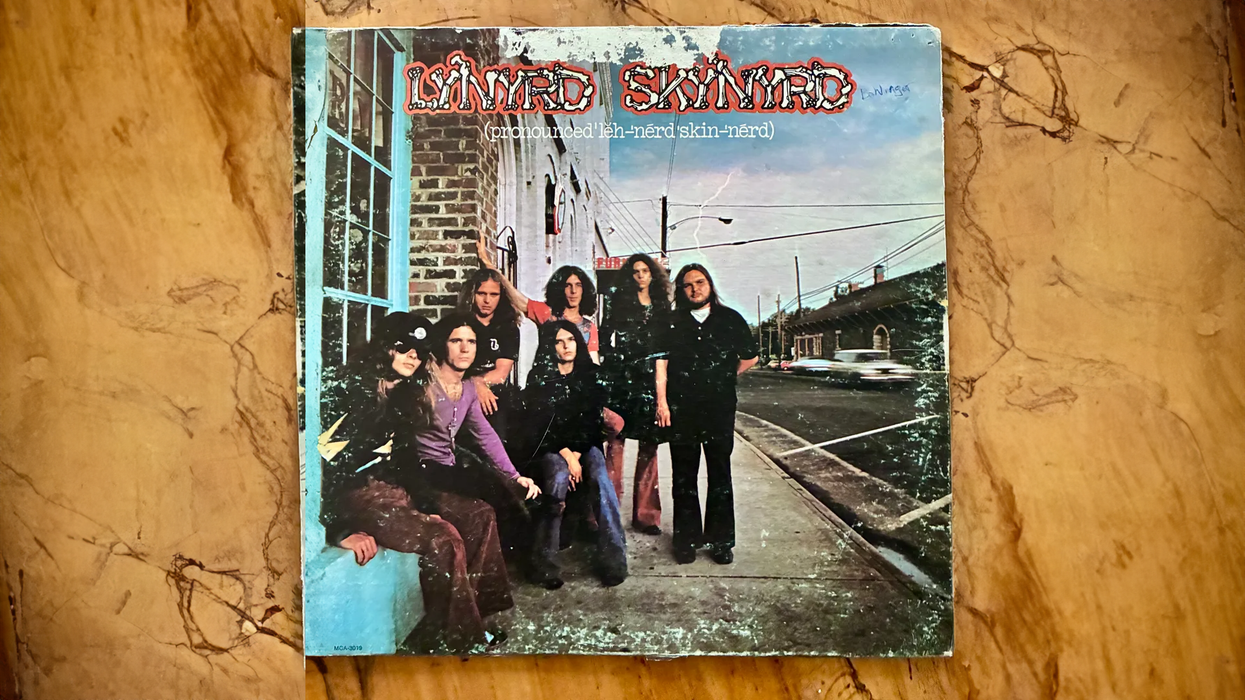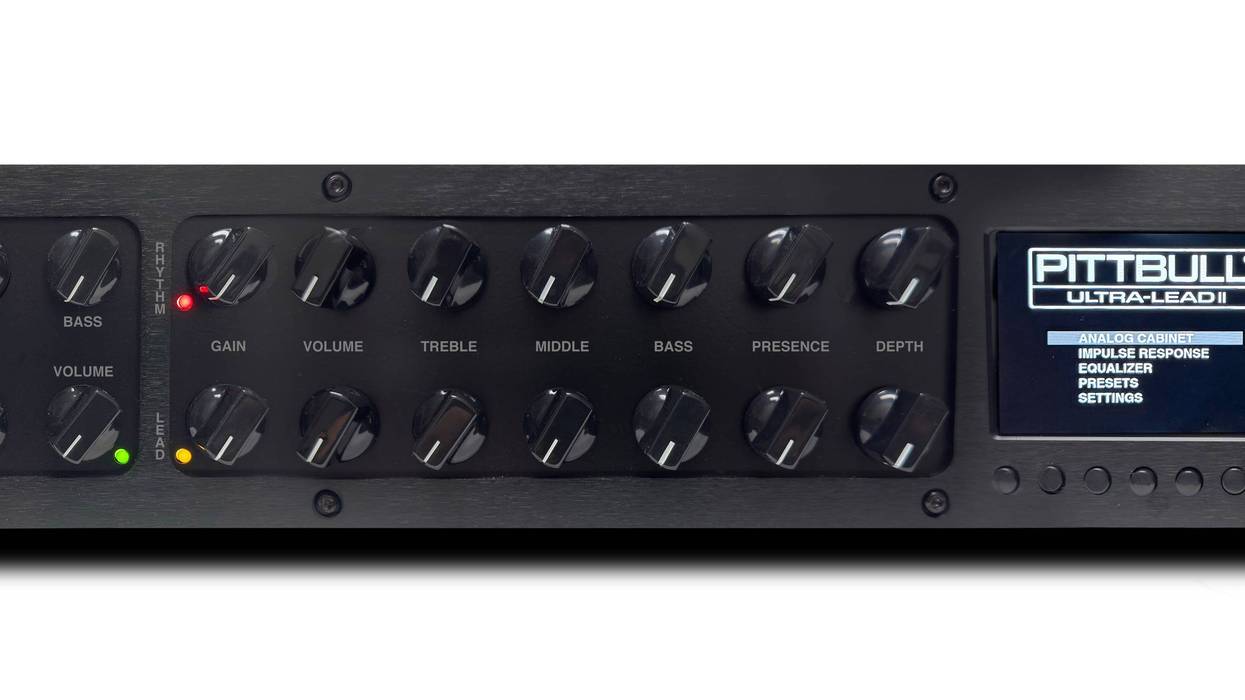I don’t know if it’s boredom, demonic possession, or maybe one of those Toxoplasma gondii brain parasites that makes rats try to hang with cats instead of run away from them (they say 3 billion of us humans have it, too), but the more time goes on, the more I veer toward stuff that’s bad for me. Or stuff I used to think was bad for me. I’m not talking about juggling chainsaws or parasailing in tornados—I’m talking ideas.
I got pretty good grades as a kid, but I wasn’t super into biology, chemistry, or any other science-y subject. My strobe-light project in electronics class barely worked, and my stupid distortion pedal kit was D.O.A. And I loathed math. I pretty much only liked history and English. The rest of the time I pretty much prioritized daydreams about guitar crap, ladies, and skateboarding, not necessarily in that order.
But now I’m totally into that nerdy stuff: Tim Urban’s recent “The AI Revolution: The Road to Superintelligence” blog posts blew my mind. Scientific American’s article on that parasitic toxoplasmosis junk has me envisioning an animated miniature William Shatner jumping from my fat-ass cat Viktor to me and controlling my body from his office in my brain, just like he did to Bill Murray in Osmosis Jones. And another recent brainiac piece has me wondering whether a theorized disk of dark matter in the middle of the Milky Way is about to reach out and wreak havoc on Earth with another of its pesky 30-million-year bouts of fiery comets and rampant volcano madness.
I’d rather read this stuff than some biography about Elvis, the Beatles, Zeppelin, or almost any other musician. I dig their tunes and respect them, but I don’t need the minutiae. Sure, there are rare exceptions. I once read a book about Radiohead (spoiler alert: they almost break up every time they go in the studio). And every day on the job at PG gives me a pretty good fill of cool music and guitar knowledge. But unless that little Shatner protozoan is yanking my chain, I think this nerd bent I’m on is just better exercise for my mind.
I’m still no good at the subjects themselves. Maybe I just like reading this stuff because it flushes out my brain. Or maybe it’s because there’s always unexpectedly cool angles that can relate back to my music obsession. Just one example: I found inspiration for my life outlook and my playing 10 pages into the Dancing Wu Li Masters, a book on quantum physics given to me by my pal Andy Ellis—a mentor and hero of mine since long before he was senior editor here at PG.
In it, author Gary Zukav describes a conversation with Chungliang Al Huang, the philosopher and tai chi master who inspired the Dancing Wu Li Masters name. Asked how he structured his tai chi classes, Huang said, “Every lesson is the first lesson. Every time we dance, we do it for the first time.”
Zukav balked. Certainly Huang had to build on the foundations of previous lessons.
“When I say that every lesson is the first lesson,” Huang replied, “it does not mean that we forget what we already know. It means that what we are doing is always new, because we are always doing it for the first time.”
Zukav pegged this holistic approach as a trait of a true master. To me, there’s something in that idea for all of us, no matter what we’re into. But the quest for mastery as Huang sees it is the reverse of conventional wisdom—it’s not about slavish repetition and physical mastery, it’s about the wonder of being in the moment, every moment. That’s something I can put my dancing shoes on for.

















